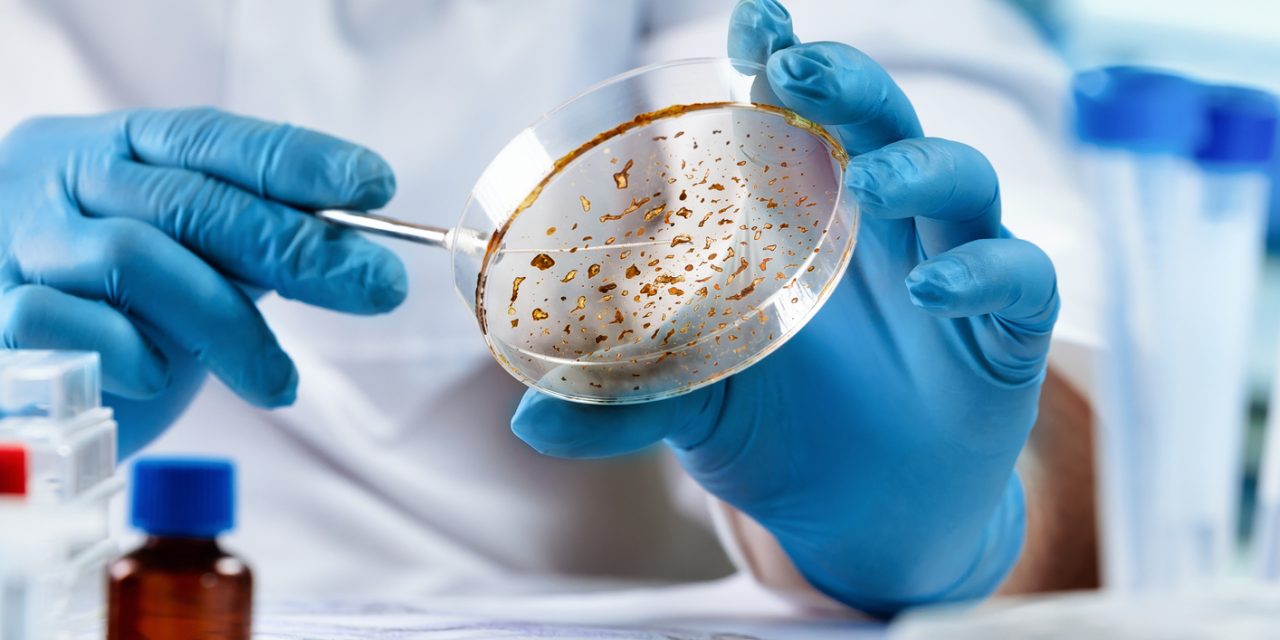Tuberculosis (TB), a highly infectious air-borne disease, has remained a global health problem. Conventional treatment and preventions such as antibiotics and Bacilli Calmette-Guerin (BCG) vaccine can be unreliable. In view of the increasing prevalence of anti-TB drug resistance, adjunctive therapy may be necessary to shorten the recovery time. We have previously shown that flavonoids in the medicinal herb Sophora flavescens exhibit anti-inflammatory and bactericidal activities. The aim of this study was to investigate the molecular and cellular characteristics of flavonoids of S. flavescens (FSF) in BCG-stimulated macrophages for assessing their roles in anti-inflammation and autophagy. Mouse alveolar macrophage (MH-S) cell line and primary mouse peritoneal macrophages were stimulated in vitro with heat-inactivated BCG and treated with FSF, with or without autophagy inhibitor Bafilomycin A1 (BafA1). Gene expression was analyzed using quantitative PCR, and cytokine/chemokine release was analyzed by Milliplex assay and ELISA. Autophagy-related proteins were quantified by Western blot and flow cytometry, and autophagolysosomes were detected using fluorescence microscopy. In both MH-S cell line and mouse peritoneal macrophages stimulated by heat-inactivated BCG, FSF was found to up-regulate autophagy-related proteins microtubule-associated protein 1A/1B-light chain 3 (LC3) and protein 62 (p62), and suppress the induced proinflammatory cytokine TNF-α, CCL5, and IL-6. FSF actively modulates immune processes through suppressing BCG-mediated inflammation by promoting autophagy in MH-S cells and mouse peritoneal macrophages. We suggest that FSF may be useful as an adjunctive therapeutic agent for TB infection by modulating cell survival through autophagy and reducing inflammation.©2020 Society for Leukocyte Biology.
The flavonoids of Sophora flavescens exerts anti-inflammatory activity via promoting autophagy of Bacillus Calmette-Guérin-stimulated macrophages.


